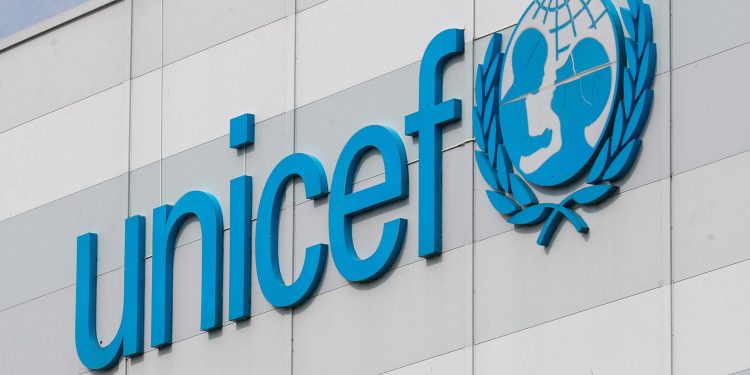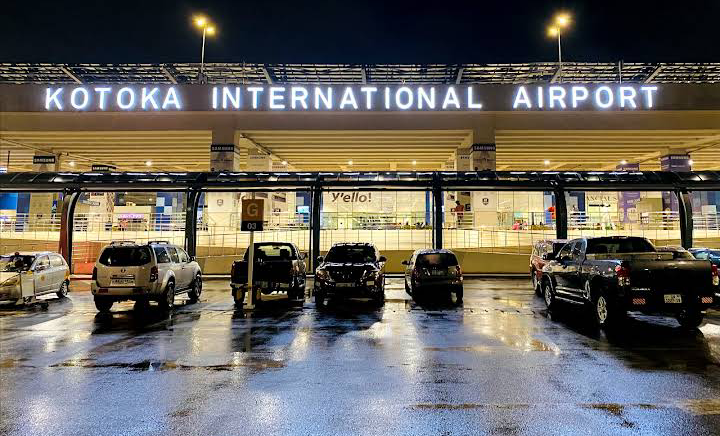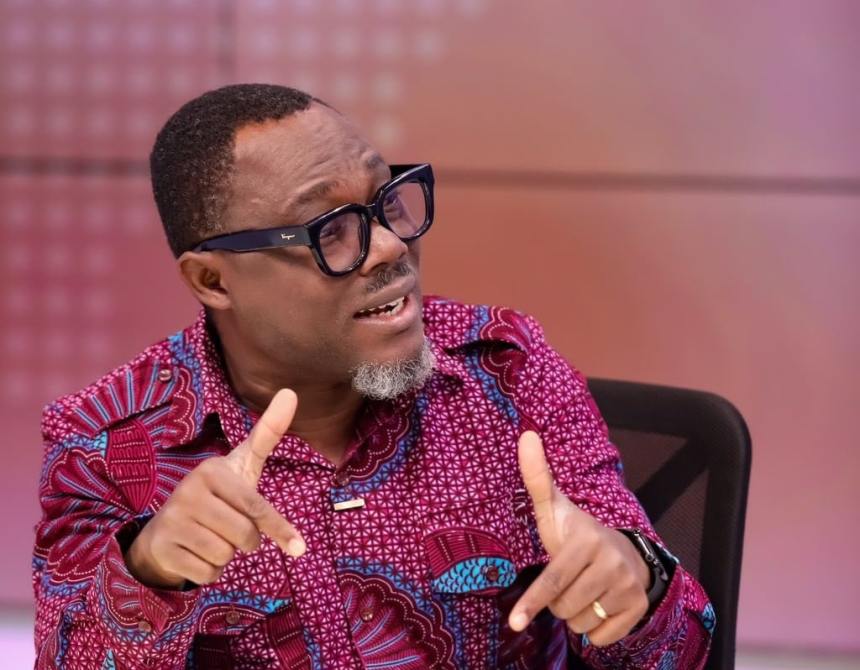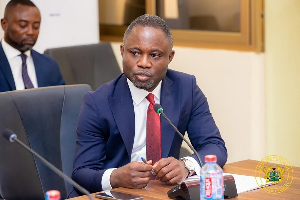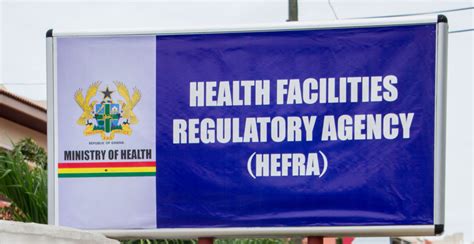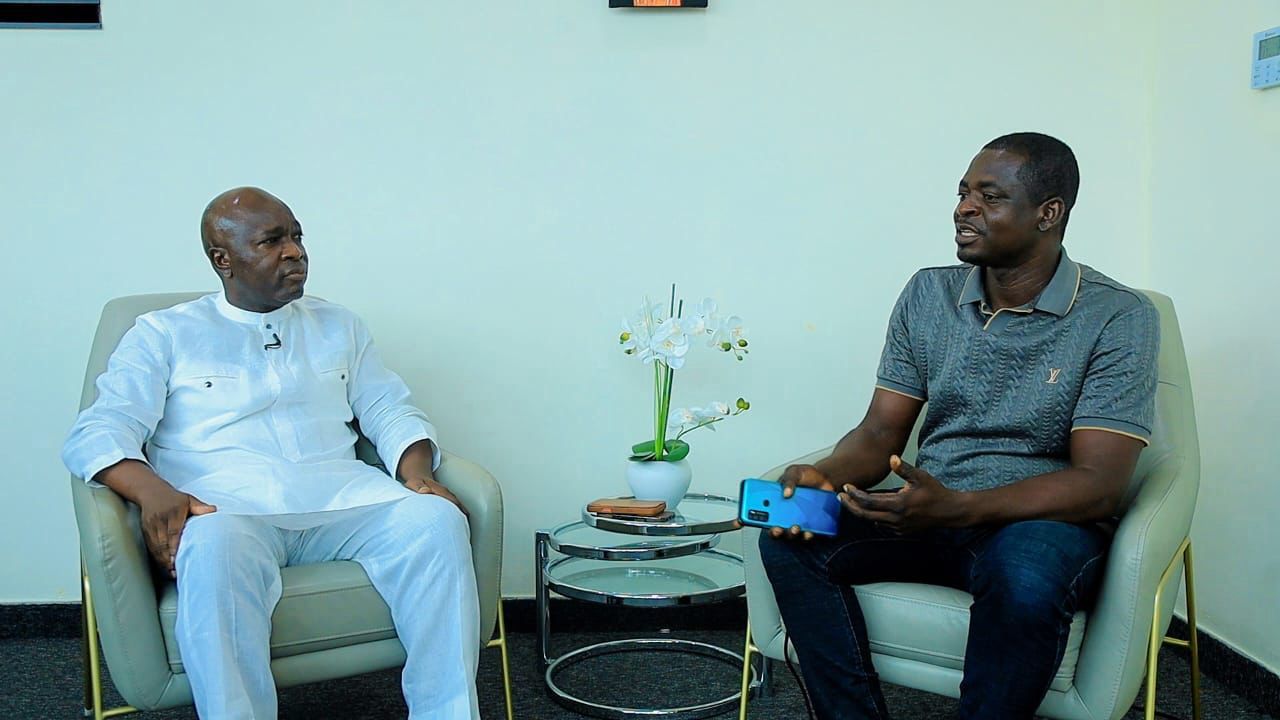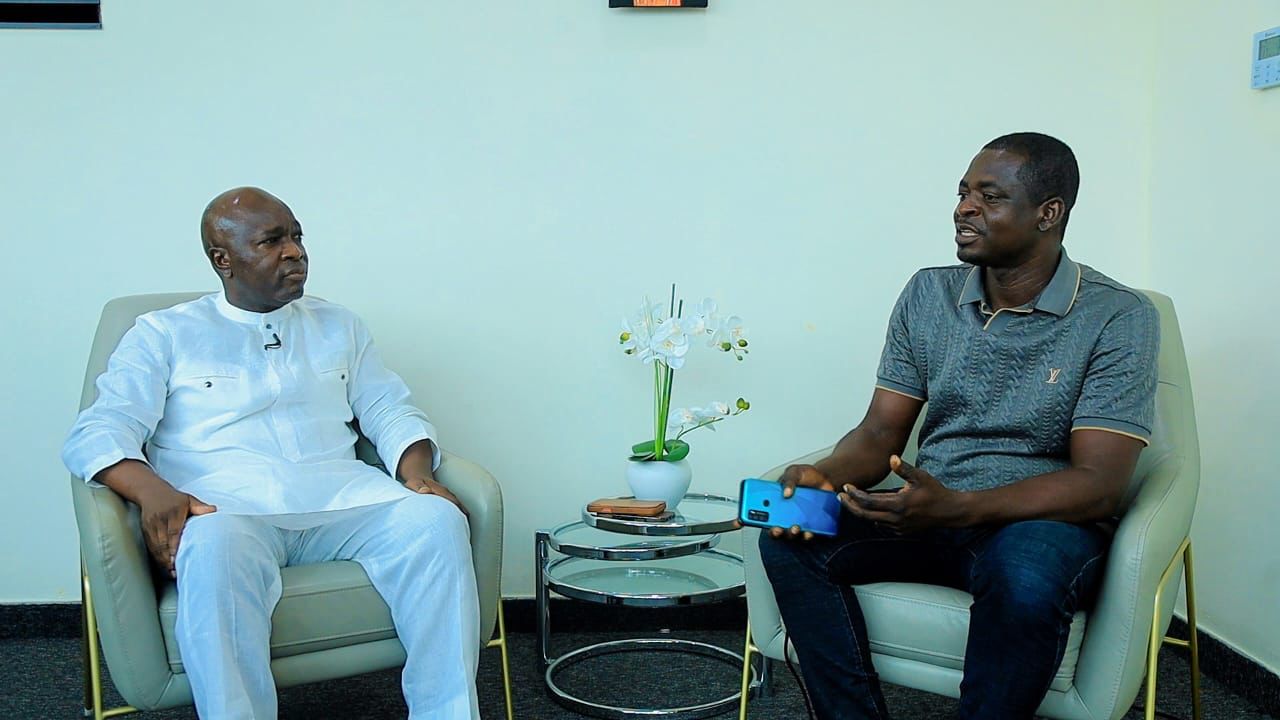The United Nations Children’s Fund (UNICEF) has commended the Government of Ghana for fulfilling its 2025 co-financing obligation of $24.5 million for vaccine procurement, describing the move as a significant step toward sustaining child health and immunisation coverage.
In a statement copied to the Ghana News Agency (GNA), UNICEF noted that the timely payment would help prevent vaccine shortages, maintain herd immunity, and strengthen Ghana’s broader health system.
“Ghana consistently and timely met its vaccine financing obligations until 2022, when post-COVID-19 economic challenges, rising co-financing requirements, and reduced fiscal space—linked to the country’s transition from Gavi support—led to delays,” the statement said.
According to UNICEF, the full payment marks a return to pre-pandemic levels of financial performance in vaccine procurement and is critical to ensuring uninterrupted vaccine supply and the introduction of new vaccines.
UNICEF’s Representative in Ghana, Osama Makkawi Khogali, praised the government for prioritising child health despite prevailing economic challenges.
“I am proud to stand with the Government of Ghana in celebrating this important milestone. Although post-COVID economic pressures led to delays in payments, this full payment reflects a commendable prioritisation of child health,” he said.
“By investing in immunisation, the government is ensuring that every Ghanaian child—regardless of location—is protected from vaccine-preventable diseases.”
UNICEF also urged sustained domestic investment in vaccine financing, especially as international development aid continues to decline. The agency highlighted the long-term benefits of immunisation, stressing that preventing diseases is significantly more cost-effective than treating them.
“Investing in vaccines offers one of the highest returns in public health. Sustained investment today lays the foundation for a healthier, more resilient future generation,” UNICEF stated.
UNICEF is the world’s leading child rights organisation, working in over 190 countries and territories to protect and promote the health, survival, and well-being of children.
Source:GNA



